10 Tips for the Day of your GCSEs
At this stage of your journey to GCSEs, you have put a lot of effort into achieving exam success. You may feel as though you have already done the exam due to the hard work that got you this far but it’s not over yet.
Your strategy on the day of the GCSEs can affect your performance in the exam hall. The countless hours of study throughout your final school years may not be reflected in your final result if you let it go to waste when it really counts.
We share some expert exam tips to help you optimise your performance on the day of the GCSE exam. Take a look at our top advice for the day of the GCSEs below.

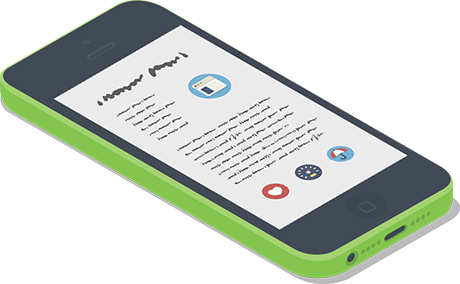
1. Get Enough Sleep
The best thing you can do to get your dream exam results is to make sure you are getting good quality sleep. The days you sleep better you feel energised, stimulated and motivated and this is an ideal mental state for doing exams.
Have an early night and factor in an earlier waking time than usual when calculating when to go to bed the day before your GCSEs. This will ensure you arrive at the exam hall without rushing to get to your seat.
2. Avoid Heavy Meals
Eating heavy, starchy food the day before an exam can make you feel sluggish and lazy. You need this time for last minute preparations so don’t squander it by eating the wrong thing. Also, a lot of students skip breakfast but this is vital on exam day as it boosts your metabolism and sends your brain into action.
You should avoid diuretics such as caffeine drinks pre-exam as these will make you rush to the toilet and waste precious exam time. Drink plenty of water before and during your exam to keep hydrated. Sugary sweets like jelly beans are good for short bursts of energy during the exam.
3. Organise your Travel
Check the time and venue of the exams the day before and double check them with other students. If the exams are taking place in your school and transportation is provided, then you’re lucky.
Otherwise, take an earlier bus or train than usual as public transportation can be unpredictable with traffic. You need to make sure that you arrive with plenty of time on the day of the GCSE exam. Remember to use your commute wisely by reading over your summary notes or reviewing your resources on GoConqr mobile.
4. Pack Everything you Need
Depending on the subject and nature of the exam, you may need different accessories to sit it. GCSE Maths for example requires pencils, graph paper, a calculator and other bits and pieces.
Don’t leave it until the last minute to get your stuff ready – this is definitely something that needs to be done the evening before your next exam. Don’t forget to pack your lucky mascot!
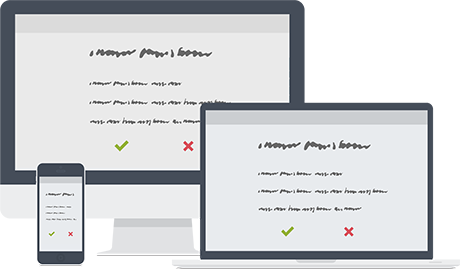
5. Avoid Nervous Students
There is no positive outcome from talking to nervous classmates on the day of the GCSE exams. It’s natural for people to panic given the stressful situation but don’t let it affect your internal preparation.
Positive visualisation is a technique practiced by many students whereby you picture yourself achieving the outcome you wish to happen. This helps enhance positive feelings and diminish negative emotions.
6. Read All Questions Carefully
This point can’t be stressed enough.
You need to dedicate time to reading all questions carefully to help you select the ones you can answer best. If you don’t, you are taking a big risk as there’s a possibility you could prepare an answer that’s not suitable.
If you’re unclear about a question, ask the examiner. They should be able to tell you what is being asked. Also, make sure that you write your name on the exam paper as it’s a common mistake students make.
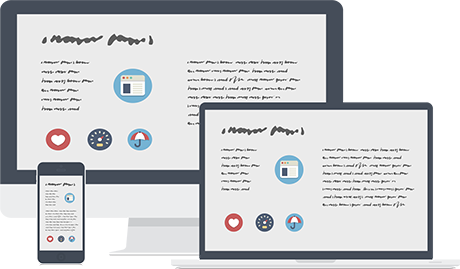
7. Stick to your Time Schedule
Your teacher can help you plan the best timing for your exams when revising in class. This should include time to read the paper, time to answer each section and question and time to review your answers at the end.
Time is a key factor here so make the best use of it. Plan to go to the toilet before the exam so you don’t interrupt your thought process when answering exam questions.
8. Review your Exam Answers
Proofread what you have written for spelling mistakes and add any extra comments you think will add value. For GCSE Maths, go through your formulas and calculations again to make sure you didn’t make any mistakes.
This is your last chance to throw in an extra quotation, list other relevant points or even draw a diagram to demonstrate your knowledge to the examiner. Make the most of it!

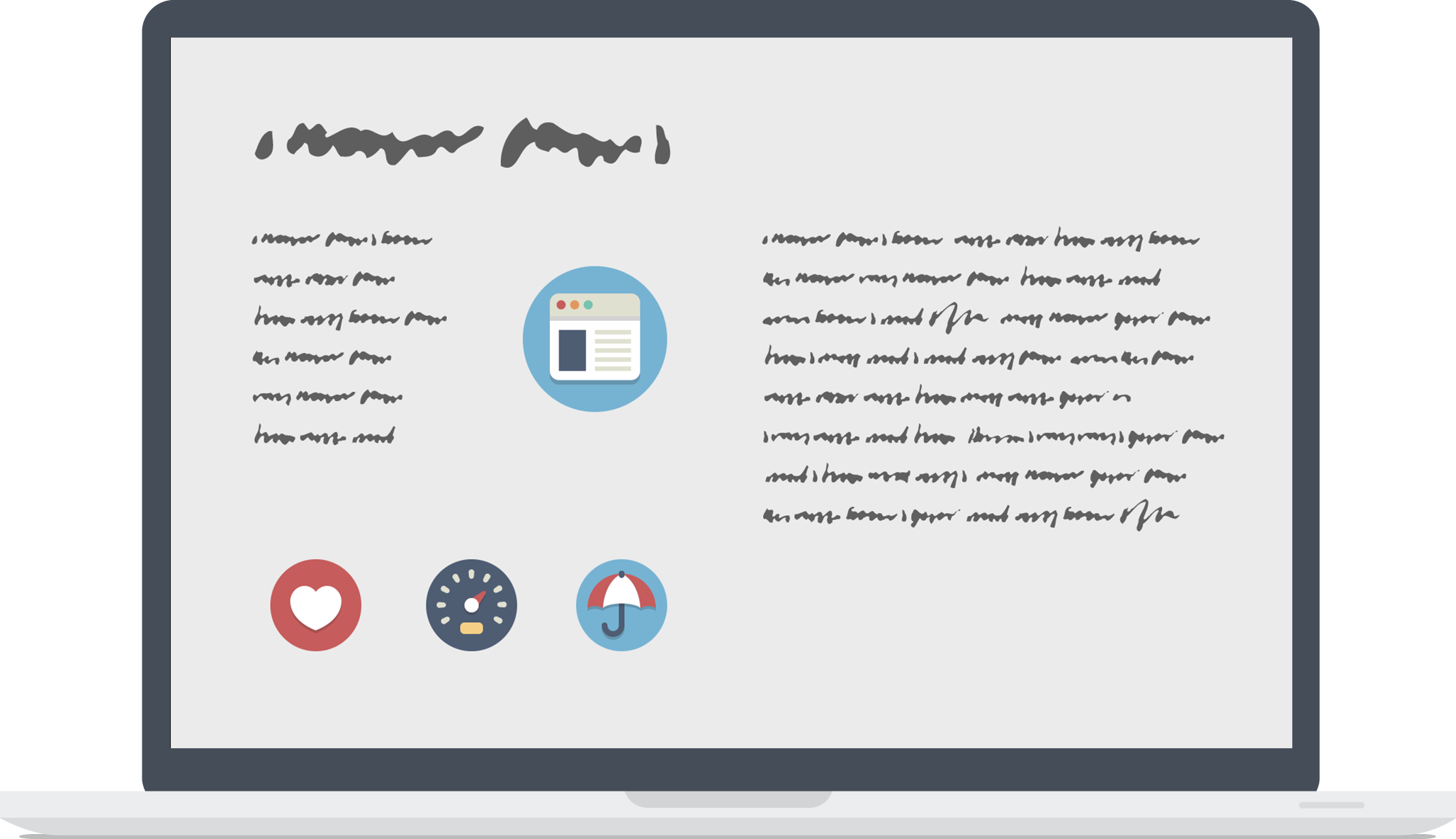
9. Stay for the Entire Exam
Yes, countless students may walk out the doors before the end of the exam but that doesn’t mean you need to follow them.
Even if you have finished writing, keep reading your paper over and adding extra comments. You will be surprised how much you will remember in those last few minutes, you won’t get this opportunity again.
10. Stay Calm!
Show the examiner what you’re made of!
The number one thing we suggest is don’t let the exam stress get to you, it’s not worth it. Try these GCSE exam stress tips in the run up to the exams. Focus yourself while in the exam and don’t let other students distract you from getting your knowledge on paper and getting the results you want.
Sign up to GoConqr to access some smart revision resources for free:
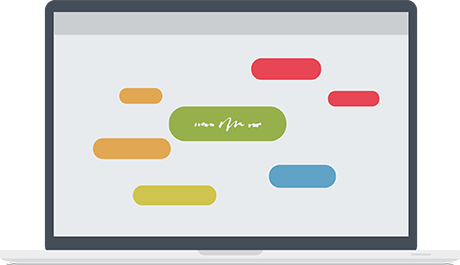

 Previous:
Previous:


